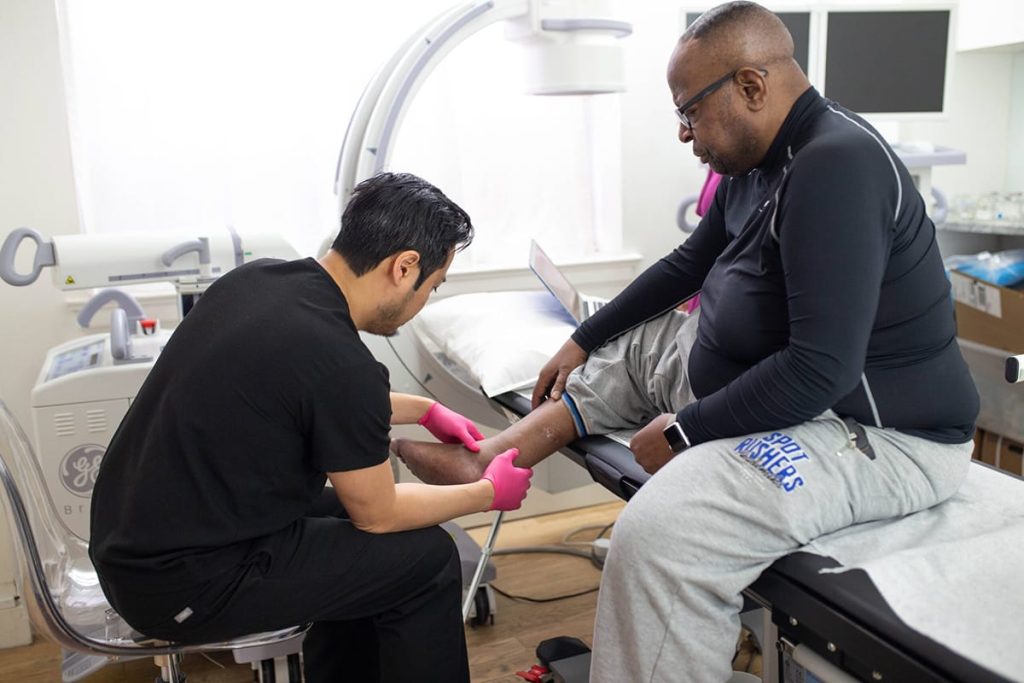
In the realm of medical specialists, the term “vein doctor” might not be as commonly known as that of a cardiologist or orthopedic surgeon. So, what exactly is a vein doctor called, and when should you consider seeking the expertise of a vascular doctor?
When it comes to the intricacies of our circulatory system, veins play a crucial role in ensuring blood flow back to the heart. Issues related to veins can range from cosmetic concerns, such as varicose veins, to more serious conditions like deep vein thrombosis (DVT). Understanding the role of a vein doctor and knowing when to consult a vascular specialist can be vital for maintaining overall vascular health.
A vein doctor, commonly referred to as a phlebologist or vascular surgeon, specializes in the diagnosis and treatment of conditions affecting veins. These medical professionals undergo extensive training to address a wide spectrum of vascular issues, ranging from cosmetic procedures to more complex interventions.
The term “phlebologist” is derived from the Greek word “phlebos,” meaning veins. Phlebologists are physicians who focus on the study and treatment of vein disorders. They are equipped with the knowledge and skills to assess, diagnose, and manage various vascular conditions.
Vascular surgeons, on the other hand, are specialists in the broader field of vascular health, encompassing arteries, veins, and lymphatic vessels. While they are adept at treating vein-related issues, their expertise extends to arterial diseases and other vascular disorders.
The decision to see a vascular doctor is often influenced by the presence of symptoms or risk factors related to vascular health. Here are several scenarios in which seeking the expertise of a vein doctor or vascular specialist is recommended:
Vein doctors employ various diagnostic procedures to assess and diagnose vascular conditions. These may include:
In conclusion, understanding what a vein doctor is called and recognizing when to seek the expertise of a vascular specialist is crucial for maintaining optimal vascular health. Whether dealing with cosmetic concerns like varicose veins or more serious conditions such as deep vein thrombosis, timely consultation with a vein doctor can lead to early diagnosis and effective management.
Regular check-ups with a vein doctor become especially important for individuals with risk factors or a history of vascular issues. By addressing vascular concerns promptly, individuals can take proactive steps to prevent complications and maintain the overall health of their circulatory system. So, if you find yourself pondering, “What is a vein doctor called?” remember that a phlebologist or vascular surgeon is the medical professional to turn to for expert guidance on your vascular well-being.